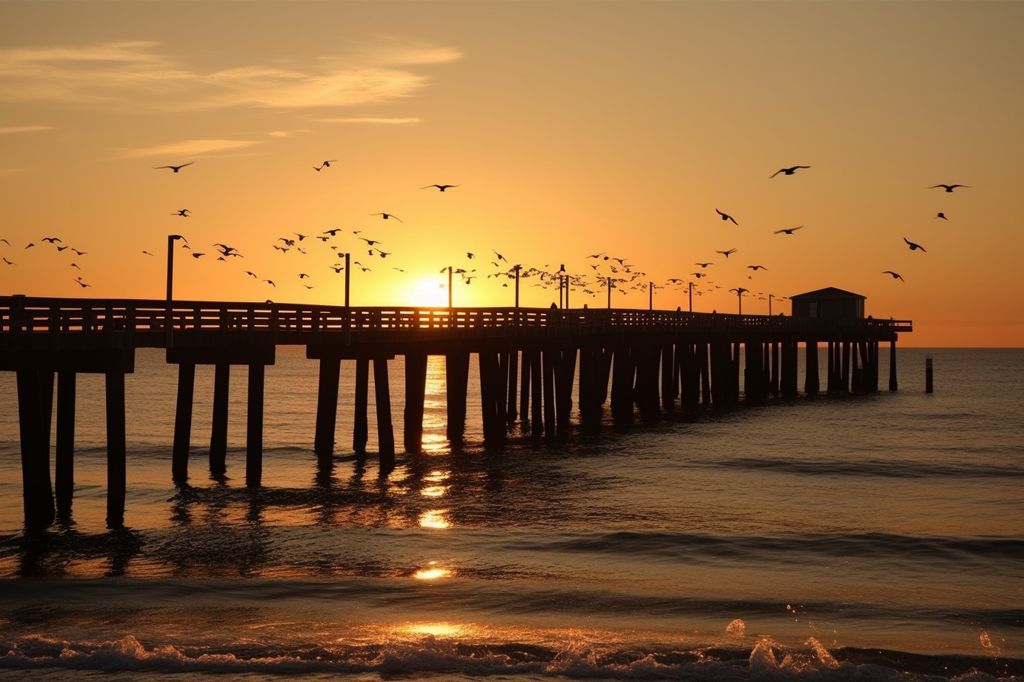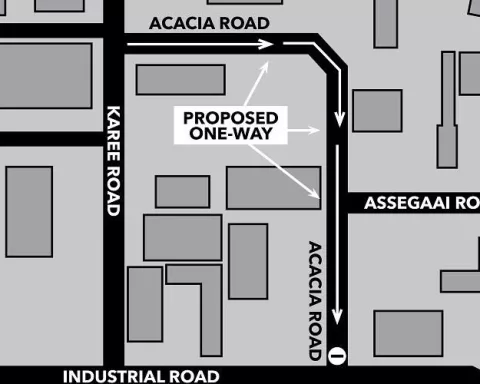The South African Minister of Fisheries, Forestry, and Environment is in the process of assessing appeals regarding permits for three marine outfalls in Cape Town. Recognizing that the initial public participation process took place eight years ago, the Minister has called for new input to assist in assessing the appeals’ merits. The City of Cape Town has welcomed this opportunity and has enlisted the help of consultants to manage the public comment process.
Past Public Feedback
The City requested public feedback between June 1 and July 10, 2015, on its plan to obtain a coastal waters discharge permit at Hout Bay, Camps Bay, and Green Point, as required by the Integrated Coastal Management Act (ICMA). The permit for Hout Bay was issued in 2019 due to full compliance, while those for Green Point and Camps Bay followed in 2022.
Extensive Research Conducted
Since the initial public feedback process, various marine science experts have conducted seven extensive studies on topics such as bacterial and toxicity samples, mussel growth monitoring, animal tissue samples, preliminary biodiversity surveys, CEC studies, dissolved oxygen, and numerical modeling. An expert summary report on this research found that “the marine outfalls are meeting their design objectives in reducing potential deleterious ecological and/or human health effects of discharged effluent by taking advantage of increased effluent dilution offered by deep water.”
Updated Public Feedback
The research conducted has been published on the City’s website and shared with key stakeholders to inform the updated public participation in discussions regarding the outfalls. Additionally, the City has commissioned a study to assess the feasibility and costs of implementing higher-level pre-treatment interventions at these sites. The draft scoping report is expected to be completed by June 30, 2023.
Future Community Engagement
Further community engagement on the outfalls’ future is planned for later this year after the City has reviewed the study’s findings. In the meantime, the City will soon announce details for public engagement on the discharge permits.
Environmental Consultants’ Involvement
The involvement of environmental consultants and the extensive research conducted highlight the City’s commitment to making well-informed decisions that consider potential ecological and human health impacts. By updating public participation and engaging with experts, the City aims to ensure that the most suitable course of action is chosen and to maintain transparency in the decision-making process.
Striking a Balance
As Cape Town addresses the challenges of balancing coastal management with environmental protection, it is crucial to remember the importance of public input and thorough research. By addressing concerns and evaluating new information, the City moves closer to achieving a balance that benefits both the marine environment and the local community.












